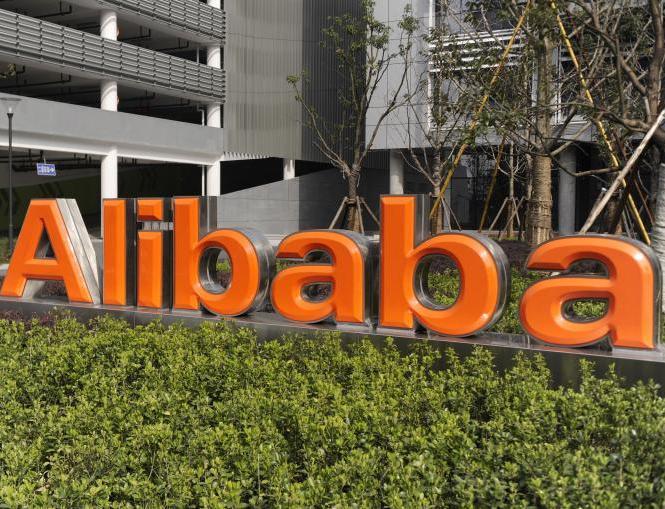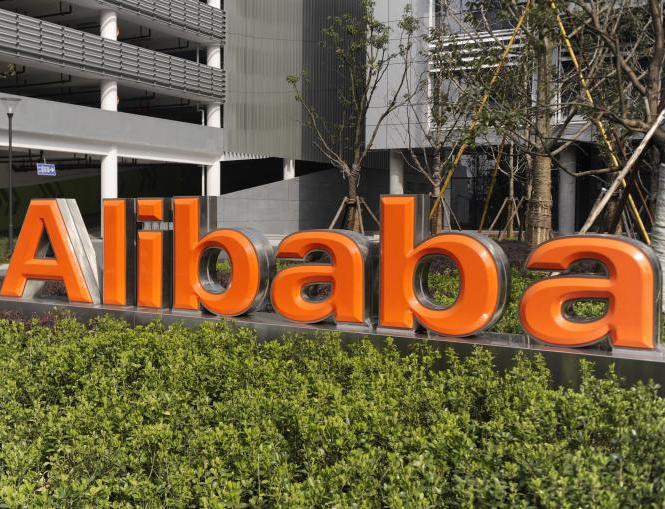
Alibaba’s coming U.S. initial public offering will probably value the Chinese e-commerce firm at more than $100 billion. But will shareholders actually own the business? That’s the timely concern raised by a U.S. congressional commission. Lack of clarity in PRC law is mainly to blame.
The U.S.-China Economic and Security Review Commission, which monitors bilateral relations on behalf of Congress, on June 18 published a paper highlighting the legal risks of so-called variable interest entities. Many Chinese companies use these contracts to give offshore investors control over – and economic benefits from – mainland businesses they cannot own directly.
Investors have swallowed the risks of VIEs in plenty of other cases, like the recent U.S. IPO of microblogging site Weibo. Foreign shareholders assume the Chinese authorities would be reluctant to undermine the growing number of companies with overseas listings that rely on the structures.
Alibaba says businesses held through VIEs account for only about 17 percent of its assets. The rest goes through wholly and majority foreign-owned enterprises. Besides, the company discusses its VIE arrangements at length in its IPO documents and quotes a Chinese law firm’s opinion that everything is legal.
Still, the U.S. commission’s paper calls VIEs “an intricate ruse” and says they are “potentially illegal in China.” Even Alibaba concedes that efforts to enforce contractual rights on the mainland could be challenging. Though the company is big and entrenched enough to matter to the economy, the danger for prospective Alibaba investors is that its prominence in the sensitive internet sector would put it in the cross-hairs should Beijing decide to crack down on VIEs.
The commission raises another legal issue that doesn’t get as much attention. Once Alibaba lists on a U.S. exchange, it will be subject to new aspects of the sprawling Foreign Corrupt Practices Act. If, for example, the company mischaracterised corrupt payments in its accounts, American authorities could take action.
Of course, China has its own anti-graft laws, and there’s no suggestion Alibaba has done anything wrong. Yet, the U.S. report is a reminder that there are risks both in the uncertainty of Chinese legal arrangements and in the certainty that U.S. law has extraterritorial reach. Investors shouldn’t forget that Alibaba is a case study in the gulf between the two legal systems.
---------------------------------------------------------------------------------------------------------------
Back to topHong Kong panel recommends reform of rule that lost the city Alibaba's IPO
By Lawrence White of Reuters
An advisory council to the Hong Kong government has recommended a raft of possible reforms to the city's IPO regime, including considering a change to the "one-share-one-vote" rule that cost the city the listing of Chinese e-commerce giant Alibaba.
The Financial Services Development Council (FSDC) said in a report issued last month that Hong Kong's government and regulators should consider revisiting the rule, which prevents companies with unusual ownership structures from listing in the city.
Alibaba Group Holding Ltd filed for an initial public offering (IPO) expected to raise more than $15 billion in the United States in May this year.
Alibaba's decision to list in the U.S. was a blow to Hong Kong's bourse, operated by Hong Kong Exchanges and Clearing Ltd. HKEx was initially Alibaba's preferred IPO venue, but the city's regulators balked at any potential violation of the "one-share-one-vote" principle.
The FSDC was set up by Hong Kong's government in January 2013 to examine how the city could maintain its status as a major Asian financial hub amid competition from regional rivals.
Its report also drew attention to HKEx's need to attract more international listings. In 2012, the city attracted just two offerings from overseas companies, while last year, the only such deal came from a Chinese-owned company incorporated in the British Virgin Islands.
---------------------------------------------------------------------------------------------------------
Back to topChina to unveil details of new IPO system before year-end
By Zhang Xiaochong and Koh Gui Qing of Reuters
China's securities regulator said last month it plans to unveil details of its new initial public offering (IPO) system before the end of the year.
The China Securities Regulatory Commission (CSRC) said in December last year it planned to dump its approval-based IPO system where it decides which firms would get to list and when, moving to a registration-based scheme similar to the United States and other developed markets.
Zhang Xiaojun, the regulator's spokesman, told a media conference that detailed plans for the registration-based system, which allows for market forces to determine reception and pricing of IPOs, would be revealed by the end of the year. He did not elaborate.
The CSRC has so far maintained tight control over supply and pricing. Earlier this year, it instructed firms which set their IPO price-to-earnings ratio higher than that of industrial peers in the secondary market to publish risk warnings before selling shares to retail investors.
Shares of three small Chinese companies soared by more than 40 percent in their debuts in the first mainland listings in more than four months, underlining the difficulties the CSRC faces in transforming the IPO system to a more market-driven one while curbing speculation.
Back to top


